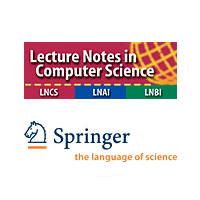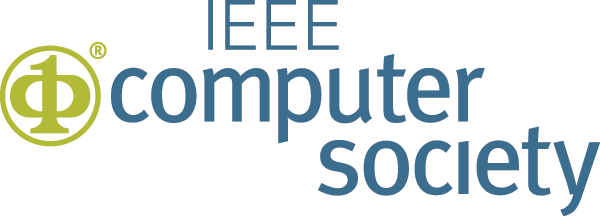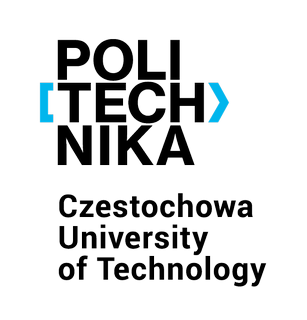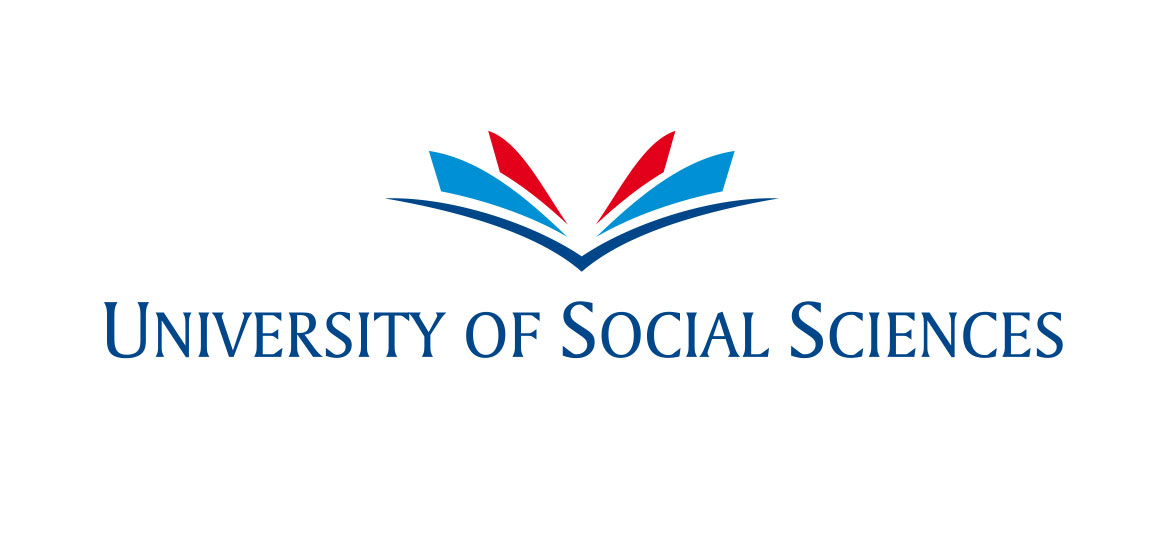Invited Talks
Włodzisław Duch "Impact of artificial intelligence on science"

Link to CV: http://www.is.umk.pl/~duch/cv/cv.html
In September 2025 frontier AI models have surpassed humans in programming and mathematical competitions. In life sciences systems like AlphaFold became indispensable. The future of scientific research lies in human-AI agent collaboration. In several branches of physics great progress has already been made. To accelerate scientific discovery multimodal large reasoning models capable of comprehending various scientific modalities are needed. Physics-informed systems are trained to respect constraints based on the laws of physics, before successful applications to predict complex real-world phenomena. Attractor network simulations show how temporo-spatial processing disorders can be related to properties of networks and individual neurons, and offer a neural interpretation of psychological phenomena. In this talk I will try to show the path from predictive AI through partial assistance to full autonomous integrated research platforms controlled by AI agents.
Wojciech Bożejko "The Next Research Frontier: When Quantum Computing Meets AI and Operations Research"

Wojciech Bożejko is a Professor at Wrocław University of Science and Technology. He obtained his M.Sc. from the University of Wrocław, Institute of Computer Science in 1999, Ph.D. from Wrocław University of Technology, Institute of Engineering Cybernetics in 2003, D.Sc. (habilitation) from Wrocław University of Technology, Faculty of Electronics, in 2011, and the Full Professor title in 2020. He is Head of the Department of Control and Quantum Computing at Wrocław University of Science and Technology. He is a Member of the Committee on Computer Science of the Polish Academy of Sciences and a Senior Member of IEEE. He was the originator and executor of the installation of the first quantum computer in Poland, ODRA 5. He is the author of over 260 articles (2000 citations on Google Scholar, h-index 24) published in peer-reviewed journals and conference proceedings from the field of parallel processing, quantum computing, scheduling and optimization. His Erdős number is 4. He is also a qualified musician, having graduated in 1998 with a Master of Arts degree from the Academy of Music in Wrocław, specializing in piano.
Quantum computers are slowly becoming a tool for effectively solving difficult optimization and decision-making problems. Although this process is progressing slowly, the computing power of modern quantum machines is growing rapidly, and in some areas even exceeds the capabilities of supercomputers. Particularly in the areas of optimization, NP-hard problem solving, and AI—recognition and machine learning—significant progress has recently been made in leveraging the unique capabilities of quantum computing. The availability of physical quantum computers is increasing, and their hybrid use as coprocessors for classical supercomputing systems seems very natural at this point. The intersection of quantum computing with AI and operations research represents a defining research frontier that promises to transform how we solve the most challenging computational problems facing science and industry, from supply chain optimization to drug discovery and financial modeling. This lecture explores quantum computing applications in AI and operations research, highlighting both the technology's advantages and current obstacles.
Amanda Horzyk "The Next Frontier: Transparent, Explainable, and Contestable AI for Social Good"

Amanda Maria Horzyk (Master of Technology and Innovation Laws, LLM): A doctoral researcher in Designing Responsible Natural Language Processing at the University of Edinburgh’s Futures Institute. Centre for Technomoral Futures affiliate. Specialised in Internet and AI law, policy, and tech ethics, she investigates how legal obligations for algorithmic transparency can be translated into socio-technical practices. Motivated by interdisciplinary collaboration, she pioneered and coordinates the AI, Law and Regulation Section at the International Neural Networks Society, chairs annual ALR special sessions, workshops and expert gatherings. Amanda is an international presenter who also actively serves as an expert working group member with AI4People, the Centre for Digital and AI Policy, Geneva-based AI policy convenings, the Munich AI & Human Rights Convention momentum.
Want to stay ahead of the curve? In today’s saturated black-box AI market, it is time to challenge the status quo and envision new architectures of trust. Gain fresh insights drawn from global expert and diplomatic convenings and interdisciplinary sessions at the intersection of law, policy, and ethics in AI. Under the influence of political, legal, and technical pressures, our practices and collective agenda continue to evolve. This lecture explores how these forces drive the emerging mandate for transparency, explainability, and contestability—principles that have become close to non-negotiable in responsible AI development. System design mirrors a decision-making pipeline: a sequence of architectural and organisational choices, each carrying its own value assumptions. How we make these choices determines what we optimise for and who participates in shaping outcomes. The session introduces a holistic framing of explainability that responds to today’s regulatory, societal, and technical momentum.
Myuhng-Joo Kim "AI Risk Mapping Project by Korea AISI"

To achieve safe AI, we must first identify and clearly define risk. Until now, AI risks have largely been categorized by type, and evaluations have focused on how AI systems address those risks that are considered most severe or urgent. In January 2026, Korea became the first country in the world to implement an AI Basic Act, followed by the release of a National AI Safety Ecosystem Master Plan. As Korea AISI took the lead in implementing these follow-up measures, it became clear that existing risk classification approaches alone were insufficient for the government to address AI risks in a systematic and comprehensive manner. This recognition led to the launch of the Risk Mapping Project, an effort to address AI risks holistically at the governmental level. Risk Mapping uses a Polymorphological Chart to analyze the underlying causes and impacts of AI risks. This approach enables the development of more fundamental policy responses and allows the government to respond comprehensively to the diverse AI risks that citizens may encounter, without critical gaps.
Szymon Lukasik "Thinking Globally, Testing Locally: Lessons in AI Safety Evaluation from the Polish Perspective"

The rapid advancement of artificial intelligence, particularly large language models (LLMs), has opened new frontiers across scientific, social, and economic domains. As these systems become increasingly integrated into everyday life, the imperative to ensure their safety, robustness, and alignment with human values grows stronger. While global efforts in AI safety research have made significant strides - addressing model alignment, hallucinations, robustness to adversarial inputs, and more - there remains a critical gap: the incorporation of local linguistic, cultural, and societal contexts into evaluation and development practices. This talk explores what it means to evaluate AI safety locally, focusing on the Polish context. We will examine how the assumptions and benchmarks of global AI safety research must be adapted to capture real-world risks in underrepresented languages. We will showcase recent efforts in assessing the safety of the Polish Large Language Universal Model (PLLuM), focusing on both linguistic and sociocultural evaluation strategies. Additionally, the talk will cover techniques for identifying synthetic content - an increasingly pressing concern in information ecosystems. These case studies serve as a foundation for advocating more inclusive and locally aware AI safety research.
Tomasz Stopa "When quantum computers become useful and how to be prepared"

Bio:
Tomasz Stopa works as software development manager in IBM's Kraków
Lab, Poland.
He obtained Ph.D. in theoretical solid state physics from AGH
University of Science and Technology.
IBM Master Inventor with 35 patents and scientific publications.
As IBM Quantum Ambassador promotes quantum computing within industry,
academia and high schools.
Co-organizer of Kraków Quantum Computing Seminar (KQIS) and mentor in
quantum computing hackathons.
For almost 40 years quantum computer was just an idea. For subsequent 10 years we had prototypes solving toy problems. But now, finally, quantum computers are able to compete with classical supercomputers in certain areas. So called 'quantum advantage', defined as using quantum computer to find solution to a real problem which could not be obtained by classical super-computers, is at our fingertips. The talk will provide short overview what quantum computers are, how they work and what is current state of the technology. We'll analyze potential near-term applications with examples and first successes. Finally, we'll discuss when a fully universal quantum computer is expected and how to prepare by learning and exploring current devices.








































